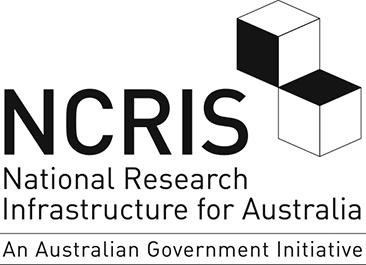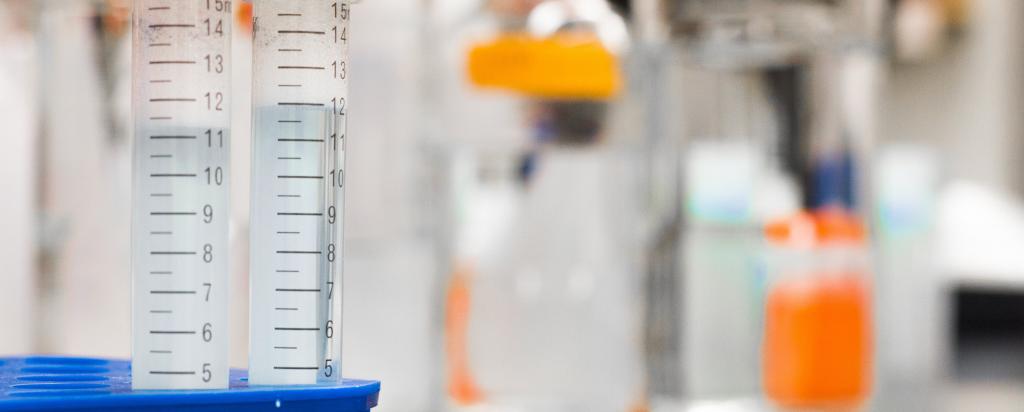

NDF granted $2.8m NCRIS funding for expansion and development of capabilities
ANSTO’s National Deuteration Facility (NDF) is excited to announce it has been granted $2.8 million in National Collaborative Research Infrastructure Strategy (NCRIS) 2023 phase 2 funding from the Australian Government for expansion of existing capabilities and development of new capabilities.
This uplift funding is in addition to the NCRIS 2022 baseline funding of $3.7 million received by the NDF in support of the business-as-usual operations of the facility until June 2028. The additional funding will support the NDF to develop new capabilities and expand upon existing capabilities through two activities:
Extension of the use and methods of deuteration for applications beyond neutron scattering to include NMR, IR and MS
Deuteration for neutron applications is not site specific (i.e. deuterium can be incorporated at all molecular sites). However, deuteration for NMR, IR, MS and functional materials requires site specific deuteration to enable accurate bioanalysis and deuterium isotope effect applications. Thus, the focus of this activity will be to enable a wider variety of molecules to be deuterated and to be produced at a larger scale by utilising optimised labelling, specialised production steps, purification technologies and precise quantification methods that provide control and selectivity in molecular labelling. This will enable a broad range of science to be undertaken by researchers across Australia and throughout the world and address the increasing demand and diversity of the deuteration requests by NDF users.
Deuterium (2H) and other stable isotopes (13C, 15N) labelling of synthetic biology products
Through this activity, the NDF will set up a synthetic biology stable isotope labelling platform directed to the provision of molecular analogues of synthetic biology products labelled with deuterium and/or other isotope (13C and 15N) that are either not economically viable or not feasible to produce through usual chemical synthesis techniques. Such labelled analogues are often needed in the testing and analysis of synthetic biology pathway design, as well as in product applications when bioassays, quantification and validation studies are required. The systems to be utilised will be suitable to produce multiply labelled (2H and/or 13C) lipids, carbohydrates and other small organic molecules that are used in medical, food and agricultural fields for quantification and characterisation studies. This activity will add an unparalleled isotope labelling platform to the NDF capability portfolio as well as to the synthetic biology community in Australia and the world. These technologies and expertise often work together for designing the most efficient methods to produce the labelled versions of the molecules.

Get in contact
Contact NDF Enquiries via ndf-enquiries@ansto.gov.au
